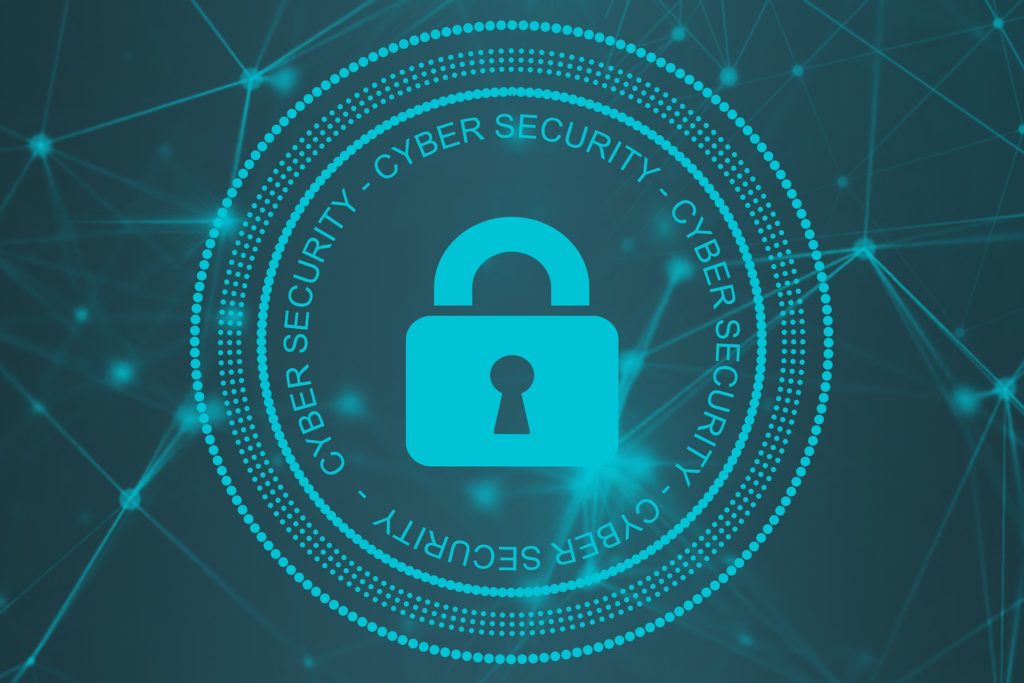
Most of us use some type of technology on a daily basis. No matter if you are utilizing technology for work, or for personal use at home, there are some basic cyber security best practices that everyone should be aware of. You do not have to work in IT or be a technology expert to benefit from these tips. It’s important to everyone who uses technology regularly.
Software Updates:
- Update software on your computer and mobile devices whenever you are prompted.
- Check your programs and applications regularly to ensure you are using the most up-to-date version. If you aren’t, be sure to download updates ONLY from the official developer.
- If you’ve installed anti-virus software, be sure to run sweeps of your device regularly to check for malware and viruses.

Safe Internet Browsing
- When using a web browser, check the URL for a small lock icon to be sure that a site is secure.
- Additionally, a secure website will have an “s” in the “http://” that comes before the full URL.
- Never type personal or professional information, such as usernames, passwords, telephone numbers or addresses, into a pop-up window.
- If you ever suspect that a website isn’t what it seems, close your browser immediately.
Secure Passwords
- Make sure that your passwords are between 8-64 characters long.
- Never keep your passwords written down somewhere, especially around the devices you use to access your online account.
- If you use several online accounts, consider using a password management tool. These websites and services require a single login and will manage and save your passwords for you. However, not all these tools are created equal, so do your research!

Installing Software
- When you download a piece of software, make sure to check how much access it has, and that it has been made by a reputable developer. Many apps and programs ask for more access to your computer or mobile device than is required.
- Always be sure to download an app from the manufacturer’s official store for your device. If you download something from a website or a mobile link, it is much more likely to contain malicious code.
Social Media
- Avoid talking about your work in social media posts without clearing it with your manager first. Even if you think it’s innocent, it may give criminals insight about your employer.
- Don’t update social media when you’re out of town. Although it can be tempting to post pictures and update your location for friends and family members, this will give everyone a clear picture of when you are out of the house and the office.
- Check the setting on your social media accounts to make sure the settings are to your liking. Most social media platforms allow you to block strangers from viewing your information without your consent.

Recordkeeping
- When you make a large purchase or update important information online, take the time to print out this information and physically store it. You should also consider locking this information away to protect it from thieves.
- Create multiple email folders to store your messages. Folders could include topics like home, work, junk, and finances.
- If you need to delete digital data, ensure that is has been deleted from all cloud services and remote hard drives.
Cyber criminals are getting smarter, so there is no way to 100% guarantee you will not be affected by a cyber-attack. However, if you follow these basic cyber security best practices, you will be doing your part to prevent attacks! To read more about cyber security, explore more on our blog or visit our Cyber Liability page!
Further Reading

Creating a Business Continuation Plan: Where do I Start?
Many organizations were unprepared when the COVID-19 pandemic began in early 2020. It became a mad dash to figure out how to adapt to new...

The Volunteer Protection Act
Download a PDF of this article. To promote volunteerism, the Volunteer Protection Act (VPA) was signed into law in 1997. This act pre-empts...
